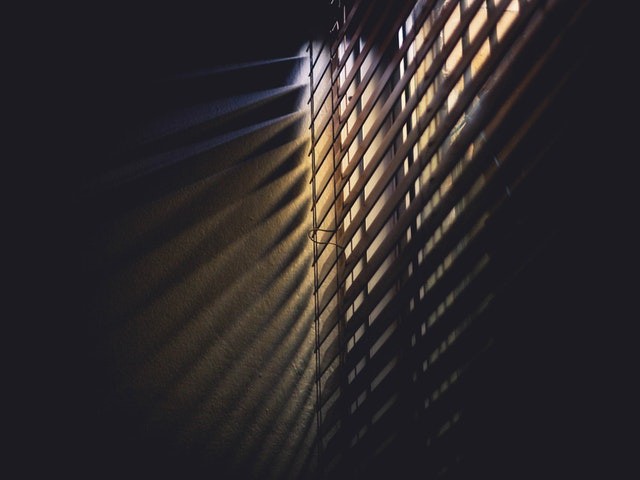A new study recently suggested that closing blinds, drawing curtains, and turning all the lights off before bed, during sleep will protect a person's health.
A EurekAlert! report specified that a new Northwestern Medicine study reported that being exposed to even "moderate ambient lighting nighttime sleep," compared to sleep in a dimly lit room, is harming one's cardiovascular function during sleep raises his insulin resistance the following day.
According to Dr. Phyllis Zee, chief of sleep medicine at Northwestern University Feinberg School of Medicine and a Northwestern Medicine physician, the results from this research that only a single night of exposure to moderate room lighting during sleep "can damage glucose and cardiovascular regulation," which are risk factors for certain conditions like diabetes, heart disease, and metabolic syndrome. The sleep expert also said that it is essential for people to minimize or avoid exposure to light during sleep.

Light Exposure
As indicated in the Northwestern report, there is evidence that light exposure during daytime raises heart rate through activation of the sympathetic nervous system, which kicks the heart into high gear. It also heightens alertness to deal with the day's challenges.
Zee described their results and said that a similar effect exists too when light exposure takes place during nighttime sleep. Essentially, the report specified, heart rate increases in a light room, and the body cannot rest properly.
Dr. Daniela Grimaldi, co-first author and research assistant professor of neurology at Northwestern, said their result showed the heart rate increases when one sleeps in a moderately lit room.
She added, even though an individual is asleep, his autonomic nervous system becomes activated, and "that's bad." Typically, the heart rate and other cardiovascular parameters are lower during the night and higher during the daytime.
Nighttime Light During Sleep Linked to Diabetes and Obesity
Authors of the study, Light exposure during sleep impairs cardiometabolic function, published in PNAS, found that insulin resistance took place the morning after an individual slept in a light room.
Insulin resistance is when cells in the muscles, liver, and fat do not respond well to insulin and cannot use glucose from the blood to energy. To make up for the inability to respond, the pancreas makes more insulin. Over time, a person's blood sugar goes up.
Earlier research looked at a large population of healthy individuals who had light exposure during sleep. They were found to be more obese and overweight, explained Zee.
The sleep expert added, now, they're showing a mechanism that might be essential to explain why this occurs. They show it affects one's ability to control glucose, he continued.
Light and Health
Zee also explained that on top of sleep, exercise, and nutrition, light exposure during the daytime is an essential factor for one's health, although, during the night, their new study revealed that even modest intensity of light could damage measures of endocrine and hearth health.
The study investigators discovered that moderate light exposure led the body to a higher alert state. In this circumstance, the heart rate rises and the force which the heart contracts, and the rate of how fast the blood is conducted to the blood vessels for the oxygenated flow of blood.
These findings are essential specifically for those who live in modern societies where exposure to both indoor and outdoor nighttime light is increasingly widespread.
Report about closed blinds and curtains is shown on CBS Boston's YouTube video below:
RELATED ARTICLE : How Do 7 to 9 Hours of Sleep Help Improve Mental Health
Check out more news and information on Sleep in Science Times.
© 2026 ScienceTimes.com All rights reserved. Do not reproduce without permission. The window to the world of Science Times.










